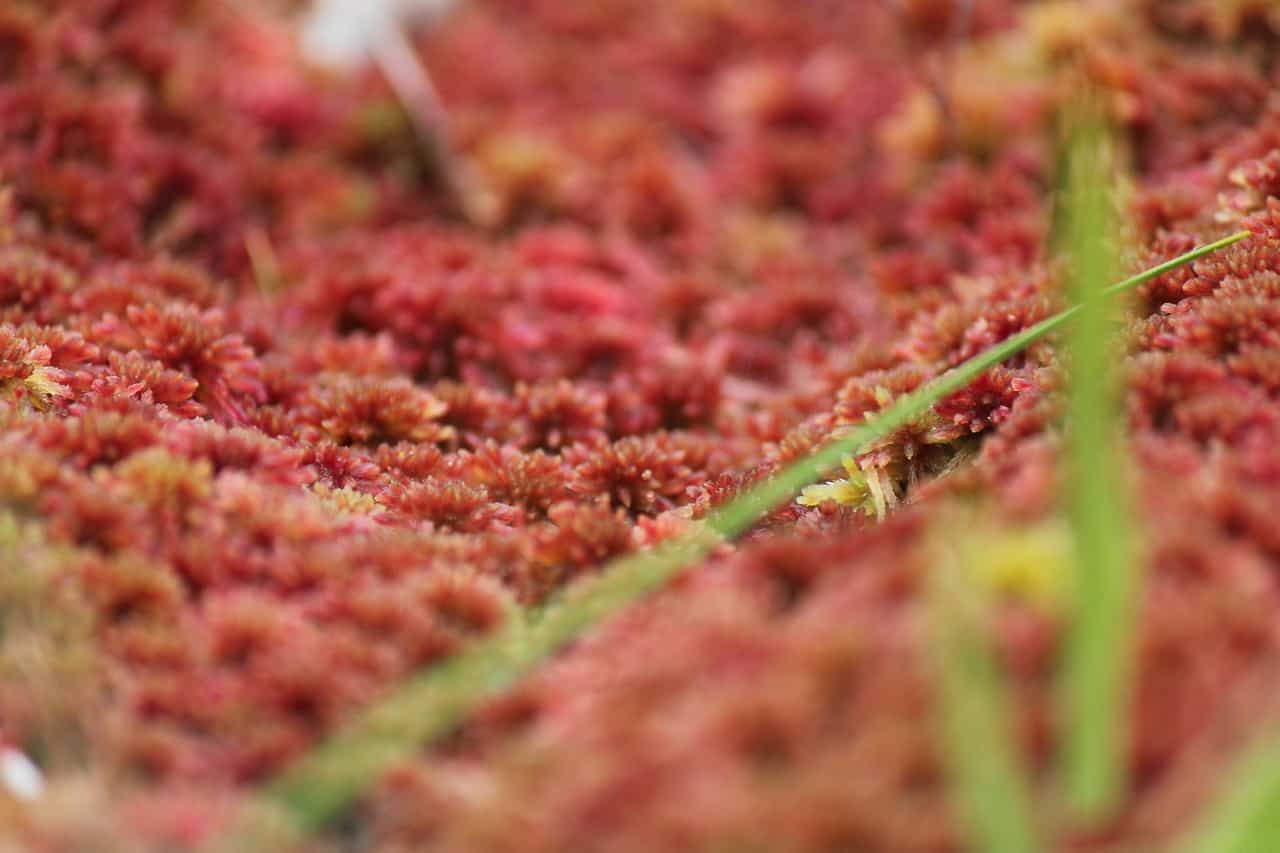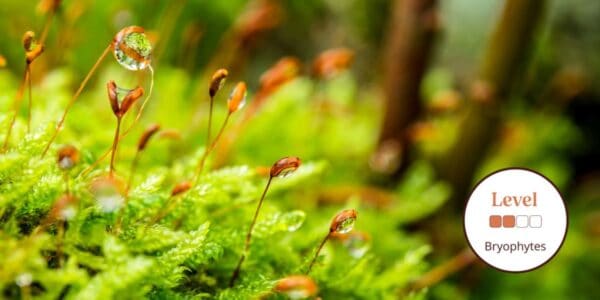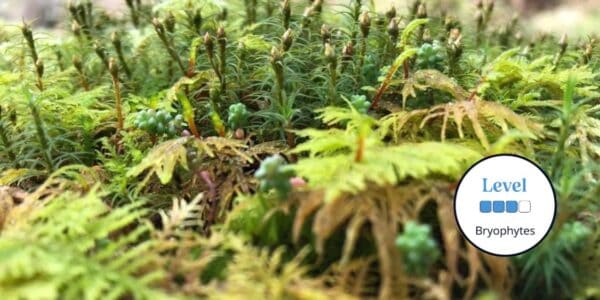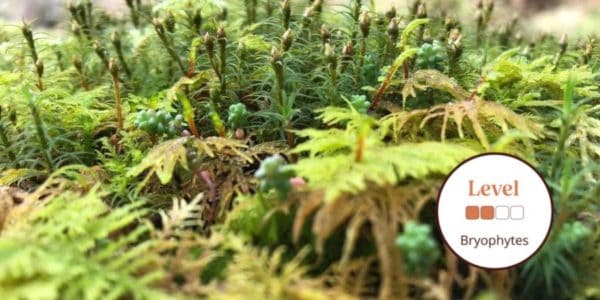This beginner to intermediate course will provide an introduction to one of the UK’s most important groups of plants – Sphagnum mosses. Sphagnum mosses have played a huge part in the development of peatlands across the UK and continue to fill an important ecological niche in these habitats and others. During this course, you will learn all about these fascinating plants and practice identifying them in the field.
This course will include:
- An introduction to Sphagnum biology
- An introduction to Sphagnum ecology
- The importance of Sphagnum: past and present
- Sphagnum morphology and identification features
- Using keys to identify Sphagnum in the field
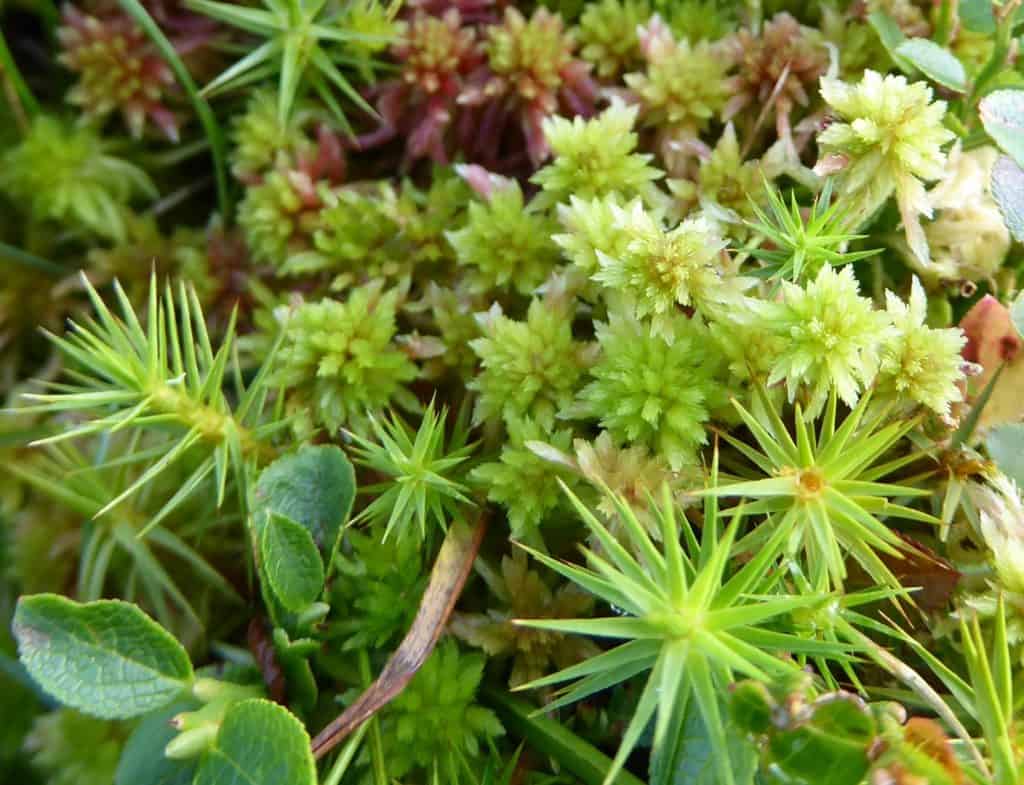
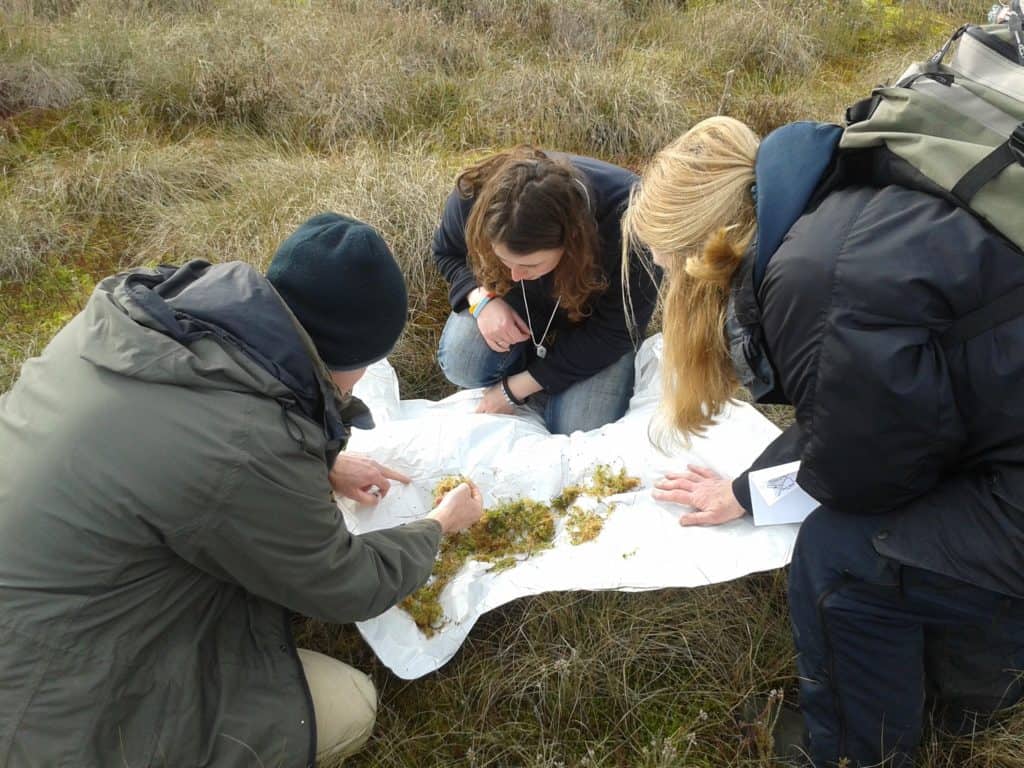
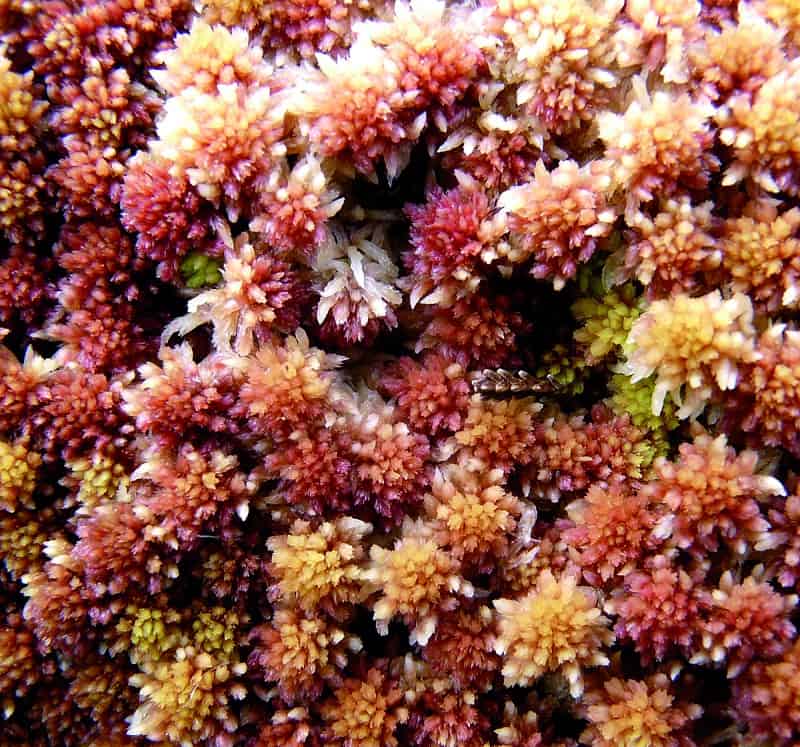
Read More
During this course, you will gain a better understanding of this genus of mosses, all under the guidance of an engaging and knowledgeable expert in the field. You will learn about their biology and ecology and have ample time to practice identification in the field using identification keys. You will get the chance to explore different habitats and microhabitats and see that they often support different sets of species. You will also receive tips on identifying more challenging specimens and species within this group, touching briefly on more complex identification techniques for those wishing to push beyond field identification.
By the end of the course, you will be able to:
- Understand how Sphagnum mosses differ from other bryophytes
- Understand the role Sphagnum mosses play in peatland formation
- Learn which features are useful for identifying Sphagnum mosses in the field
- Be able to identify different groups of Sphagnum mosses and recognise some common species in the field
Who Should Attend? – Nature enthusiasts, students, ecologists, peatland surveyors and anyone else with an interest!
Knowledge Level – Beginner to Intermediate . Level descriptors can be found on the following web-page: Framework and Course Level Descriptors
Prior Knowledge – A small amount of pre-existing botanical or bryological knowledge is useful, but no knowledge or experience is needed for this course, just a willingness to explore and learn.
PLEASE NOTE: There is no accommodation or meal facilities provided with this course. Refreshments (tea and coffee) will be available. If we are unable to reach viable numbers for this course, we will inform you of the course cancellation 4-5 weeks prior to the course run. We would recommend when purchasing accommodation and/or travel you should take out your own insurance.
Bookings will close if course capacity is reached.
Please email [email protected] if you have any questions.
About the Tutor
Calum Urquhart
Calum Urquhart is a field ecologist and wildlife guide with a lifelong interest in natural history spanning plants, bryophytes, birds, mammals, and many invertebrate groups; he delights in sharing these passions with others. He is also particularly interested in the wildlife and ecological restoration of upland and mountainous areas.
Example Timetable
This course will involve both classroom learning and field excursions to cover all of the learning objectives.
Rough timetable for the day:
10am- Introductions
10.15am- Introduction to Sphagnum
11.15am- Break
11.30am- Sphagnum identification and using keys
12.30pm- Lunch
1.30pm- Field excursion
4pm- Further identification techniques and summary
Lunch is not provided, so please make sure to bring everything that you need for the day.
What's Included
The course has been carefully created by expert tutors and educators to help you build your knowledge and apply it within the field surrounded by like-minded individuals.
The course includes:
- Classroom learning covering the theory of the topic
- Field excursions to apply new knowledge
- Expert tuition for which the Field Studies Council is renowned
- Clear objectives and progression
- Refreshments (tea/coffee)
You can rest assured that the absolute best content from an expert in environmental education will be provided. In choosing a Field Studies Council course, you will be joining thousands of people who learn with us each year.
Bursaries and Subsidies
Student Discount
This course is eligible for a student discount. If you are a current student, please use discount code BioStudent20 at checkout for 20% off all Biodiversity courses.
Natural History Bursaries
There are a number of natural history bursaries available to help with the cost of your course. To find out if you and your chosen course are eligible, read more here.
Before You Attend
What to Bring
- Notebook and pencil
- Lunch and refreshments
- Sensible footwear and clothing for being outdoors
- Small bag to carry personal items
- A x10 hand lens
Recommended Literature
When you book this course, you will receive a discount code for the Field Studies Council recommended guides below.
There will be some copies of the below guide available to use during the course, but we highly recommend that you purchase your own copy:
There will be a member of staff with first aid training and access to a first aid kit on site. If you have special medical or access requirements, please let us know as soon as possible so we can plan the course.
Opportunities to attend this course
-
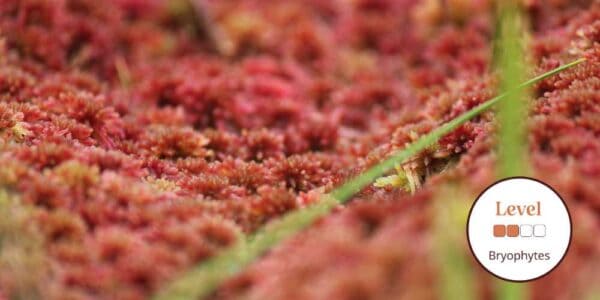
Sun 20, October 2024 10:00 - 17:00
Refreshments and food are not provided on this course, please ensure you bring all drinks and food for the course with you, as there are no ad-hoc purchase facilities at the venue. Further information on Glenmore Lodge can be found here. Accommodation is available at Glenmore Lodge, please contact Glenmore Lodge directly for further information. If you require overnight stays, please ensure you take out the appropriate insurance.
No current dates for this course? Click here to view all the upcoming Natural History courses.
Progress Your Learning
This is a training course from the Field Studies Council, delivered by expert tutors with an approachable learning style. After attending this course, you may like to progress your learning with further relevant courses or branch out into other areas of natural history. The Field Studies Council offers both online and in-person courses, so you can choose the learning style that suits you best.
The course gives you the opportunity to immerse yourself in a new subject and acquire novel skills. Our online portal gives you time to study at your own pace and fit the lessons around your own schedule.
If you have any questions about our courses, please check out our Frequently Asked Questions or email [email protected].
Group Bookings Made Easy
If you have a group of 10 or more individuals wanting to complete one of our courses, our team are available to discuss your options – from discounts to private team courses. Find out more!
You can rest assured that the absolute best content from an expert in environmental education will be at your fingertips. In choosing a Field Studies Council course, you will be joining thousands of people who learn with us each year.

